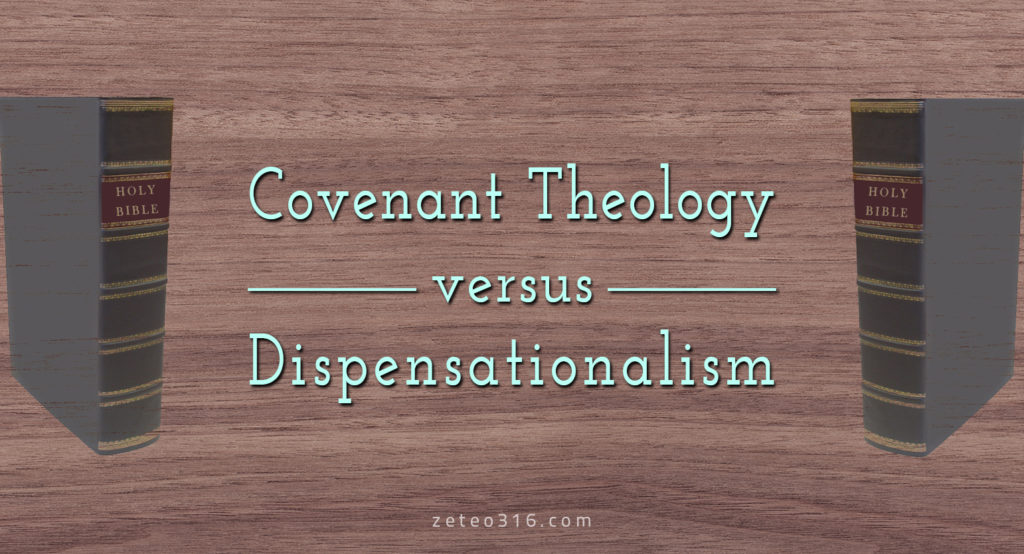I’m thankful to a friend for providing a link to a Sharper Iron Forum discussion between proponents of Dispensationalism and Covenant Theology.
I’m not going to comment in detail. But I think the opening address and subsequent comments by the CT camp highlights the misconceptions CTs have re dispensationalism on several issues. I see the same old canards re Darby, Lacunza, Irving and Scofield, the rapture etc being raised. For example:
Do you think Edwards, Whitefield, Wesley, Luther, Calvin, all the Puritans, Bunyan, etc. also misread their Bible concerning end times? If so, is it just because you think you are right or because you have actually worked through their understanding of Scripture? Would you put Darby, “Dr.” Scofield (Scofield gave himself his own doctorate by simply calling himself “doctor”), and Edward Irving, the principle founders of dispensational thought, on the same level of theological, spiritual, and devotional depth as the Reformers, the Puritans, and the preachers of the Great Awakening?
Yes, I do think these gentlemen, as fine as they were regarding the gospel, were sometimes wrong regarding the end times and Israel’s status. Eschatology wasn’t their focus and one finds little expositional materials in their writings on that topic. Moreover, there were disagreements among them. Even Andrew Bonar noted the mocking overtones towards premillennial prophecy in his day.
Some dispensationalists rightfully share some blame and admit to faults in some dispensational approaches. I take a slightly more mercenary view. As limited as I am in experience, time and time again I see Covenant Theology proponents (amil and postmil) artfully dodge problematic passages to their system. What did God clearly state about national ethnic Israel’s future? They need to clearly and consistently address how the OT patriarchs were saved sans knowledge of the cross. And they need to address God’s clear word regarding national Israel’s future redemption and occupation of the land.
CT proponents also need to get past the Two-Gospel, multiple-ways-of-salvation ruse against dispensationalism. It has been responded to ad nauseum. So, while I appreciate the dispie self-reflection, I’m convinced that no amount of clarification will daunt those determined to defend their traditional theology.
I strongly recommend Paul Henebury’s materials, some of which I collated HERE.

